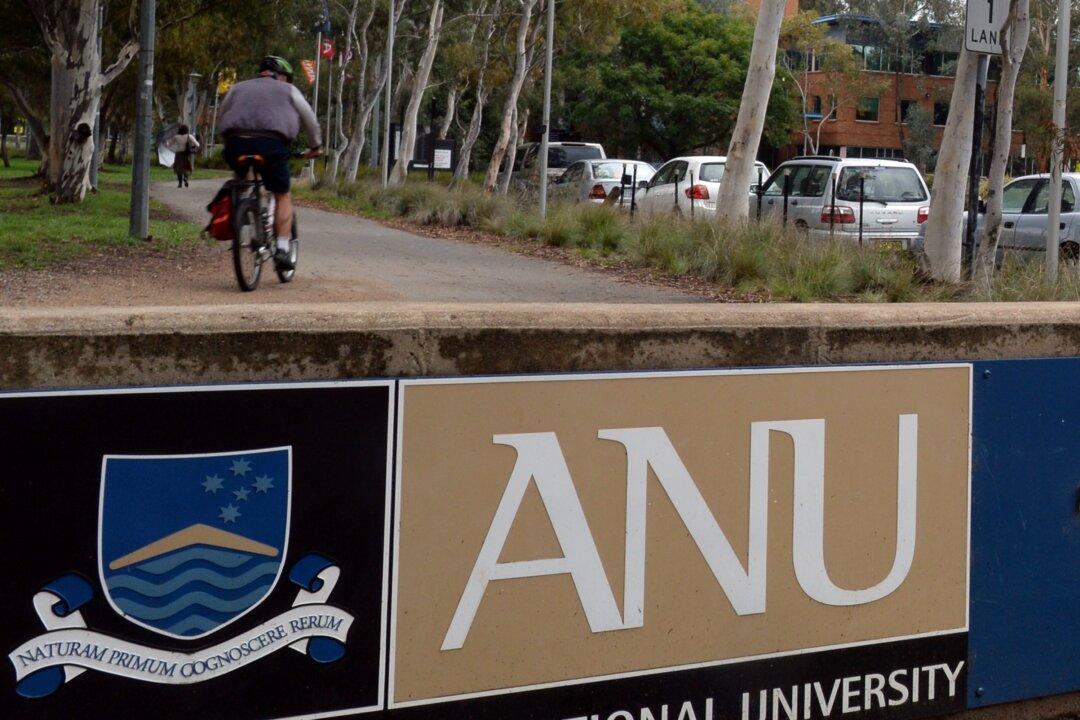Political interference in university research funding presents an “existential threat” to the tertiary sector, the head of the Australian National University (ANU) has warned.
In his state of the university address on Jan. 7, ANU Vice-Chancellor Brian Schmidt referenced acting Education Minister Stuart Robert’s decision on Christmas Eve to veto six research grants awarded by the Australian Research Council (ARC).





